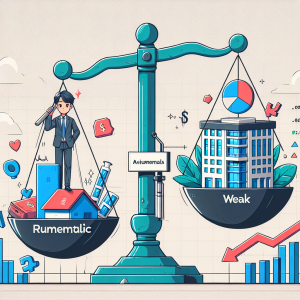Singapore’s economy is facing a challenging time ahead as rising trade tensions threaten to slow growth. However, Deputy Prime Minister Gan Kim Yong has emphasized that this situation also presents opportunities in the green and digital sectors. As the global landscape shifts, Singapore is positioned to adapt and thrive by focusing on these emerging areas.
The first key factor influencing Singapore’s economic outlook is the escalating trade tensions between major economies. These tensions have created uncertainty in international markets, which can adversely affect Singapore, a nation heavily reliant on trade. DPM Gan pointed out that the country must navigate these challenges while simultaneously looking for ways to innovate and expand. He indicated that Singapore’s economic strategies will need to be dynamic to respond effectively to these external pressures.
In the face of these challenges, the digital economy offers significant potential for growth. Singapore has been at the forefront of digital transformation, and the government is committed to fostering an environment where technology can flourish. New initiatives aimed at enhancing digital infrastructure and skills training are being rolled out to help businesses adapt to the digital landscape. This shift not only aims to boost productivity but also to create new job opportunities for Singaporeans. As companies embrace digital solutions, they can improve efficiency and reach new markets, helping to counterbalance the impact of trade tensions.
The green economy is another area where Singapore sees promising opportunities. With a global shift towards sustainability, the demand for green technologies and eco-friendly practices is on the rise. DPM Gan highlighted that Singapore is investing in green initiatives, particularly in sectors like renewable energy and sustainable urban development. This not only aligns with global climate goals but also positions Singapore as a leader in the green economy. By fostering innovation in this area, the country can attract investment and create jobs while contributing to a sustainable future.
In conclusion, while Singapore faces headwinds from rising trade tensions that may slow economic growth, the country is not without its opportunities. By focusing on the digital and green economies, Singapore can not only mitigate the impact of these challenges but also pave the way for a more resilient and sustainable future. As the government continues to invest in these sectors, it is crucial for businesses and individuals to adapt and seize the opportunities that arise within this evolving economic landscape.





